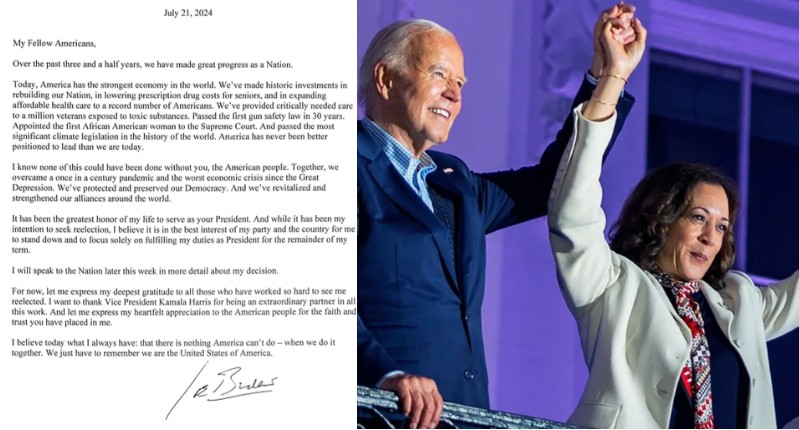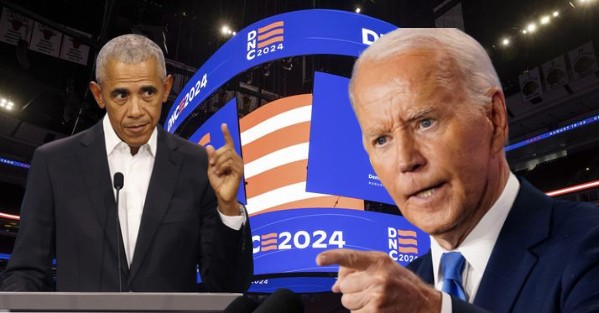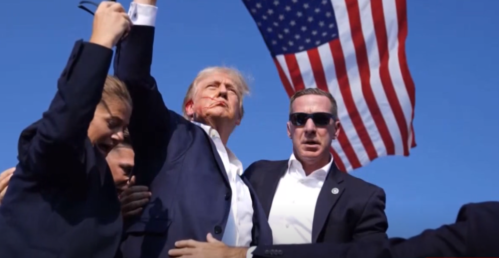U.S. Secretary of State Antony Blinken has once again accused China of committing genocide and crimes against humanity against Uyghurs and other Muslim minorities in Xinjiang province. The damning remarks came in a report published on Monday, just days before Blinken’s scheduled visit to China. The report, an annual assessment of human rights worldwide, reiterated concerns about the treatment of Muslims in Xinjiang, setting a contentious tone for diplomatic discussions between the two nations.
In a preface to the report, Blinken condemned China’s actions, stating, “For example, in Xinjiang, the PRC continues to carry out genocide, crimes against humanity, forced labor, and other human rights violations against predominantly Muslim Uyghurs and members of other ethnic and religious minority groups.” The report detailed widespread abuses in Xinjiang, including the detention of over one million people in camps and prisons, along with the utilization of re-education camps. Despite China’s persistent denial of any wrongdoing, Blinken has remained steadfast in his condemnation of the situation in Xinjiang, endorsing the previous determination that China’s actions constitute genocide.
International Scrutiny Intensifies Ahead of Diplomatic Talks between Antony Blinken and China
The timing of Blinken’s report adds significant pressure on diplomatic relations between the United States and China, as delicate discussions loom over issues such as the conflict in Ukraine and global trade. While human rights abuses in Xinjiang have been a recurring topic in the annual human rights report, this year’s publication amplifies the gravity of the situation, potentially complicating negotiations between the two superpowers.
The report’s emphasis on China’s actions in Xinjiang underscores the international community’s growing concern over the humanitarian crisis in the region. Despite China’s claims of establishing “vocational training centers” to combat extremism, critics argue that these facilities serve as detention camps for religious and ethnic minorities. Blinken’s forthcoming visit to China is expected to address a wide range of issues, including human rights, signaling a continued effort by the United States to hold China accountable for its actions.
Denial and Diplomatic Implications
China has vehemently denied these allegations for years, asserting that the facilities in question are merely vocational training centers aimed at combating terrorism. However, Blinken’s forthcoming visit, coupled with the stark accusations, sets the stage for potentially tense diplomatic exchanges. The timing of Antony Blinken’s remarks, just before his trip, signals a deliberate effort to place human rights concerns at the forefront of bilateral discussions, despite the array of other pressing issues on the agenda.
The State Department’s unwavering stance on China’s human rights violations underscores the importance the U.S. places on addressing such issues in international diplomacy. As Antony Blinken prepares to engage with Chinese counterparts, the diplomatic landscape is fraught with challenges, as Washington navigates balancing economic interests with human rights advocacy. The omission of Xinjiang’s situation from the official agenda suggests a nuanced approach to broaching sensitive topics, albeit one that remains a crucial aspect of U.S.-China relations.
Future Prospects and International Scrutiny
As Antony Blinken’s visit looms, anticipation mounts regarding the trajectory of U.S.-China relations and the potential ramifications of his allegations. The international community closely monitors developments in Xinjiang, with growing calls for accountability and action against China’s alleged human rights abuses. The State Department’s unyielding stance not only underscores its commitment to upholding global human rights standards but also sets a precedent for other nations to address similar violations within their jurisdictions.
Amid escalating tensions and diverging narratives, the diplomatic dance between the U.S. and China on issues ranging from trade to human rights remains a balancing act. Antony Blinken’s forthcoming discussions hold the promise of fostering dialogue and cooperation while addressing contentious issues head-on. However, the entrenched positions on both sides indicate the complexity of navigating the broader geopolitical landscape, where competing interests often overshadow humanitarian concerns. As Antony Blinken embarks on his diplomatic mission, the world awaits the outcomes of his endeavors and the enduring impact on U.S.-China relations.
Prospects for Diplomatic Dialogue Amidst Rising Tensions
As Antony Blinken prepares for his visit to China, the inclusion of Xinjiang in the human rights report highlights the persistent discord between the two nations on fundamental issues of human rights and sovereignty. While both countries have engaged in dialogue on various fronts, including climate change and economic cooperation, disagreements over human rights abuses remain a significant obstacle to diplomatic progress.
Despite the contentious nature of the upcoming discussions, there is hope that diplomatic channels will provide an opportunity for constructive dialogue and the pursuit of mutual understanding. However, the continued scrutiny of China’s actions in Xinjiang underscores the importance of addressing human rights violations as a fundamental aspect of international relations. As Antony Blinken seeks to navigate the complexities of U.S.-China relations, the issue of human rights in Xinjiang is likely to remain a central point of contention, shaping the trajectory of bilateral relations for the foreseeable future.
Table of Contents
Discover more from OGM News NG
Subscribe to get the latest posts sent to your email.














